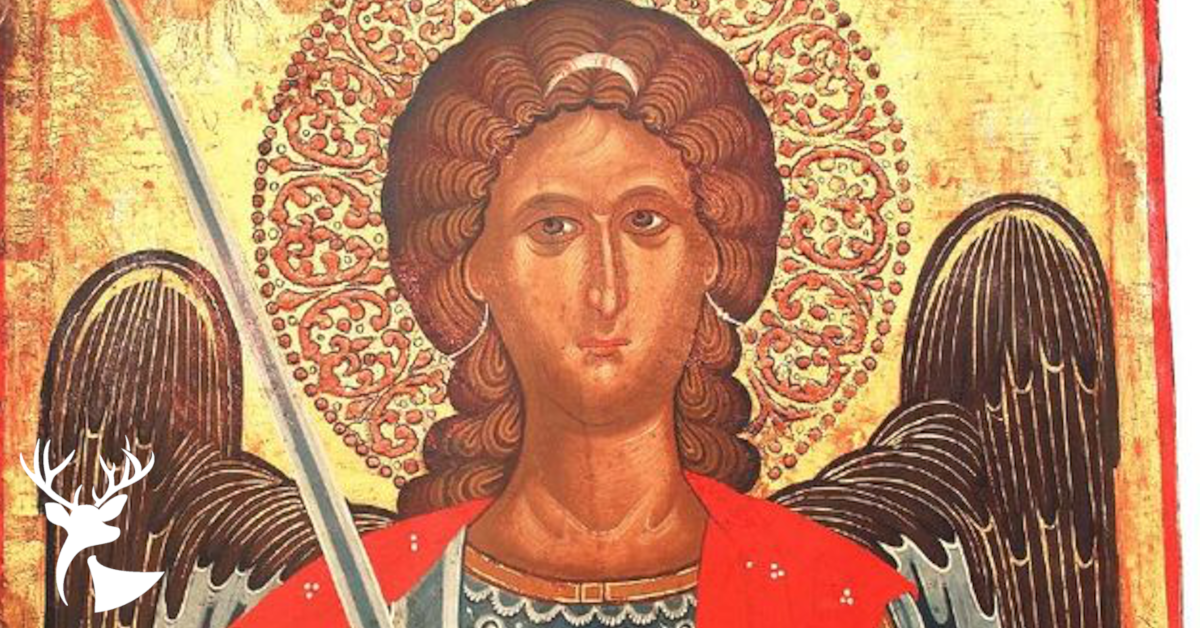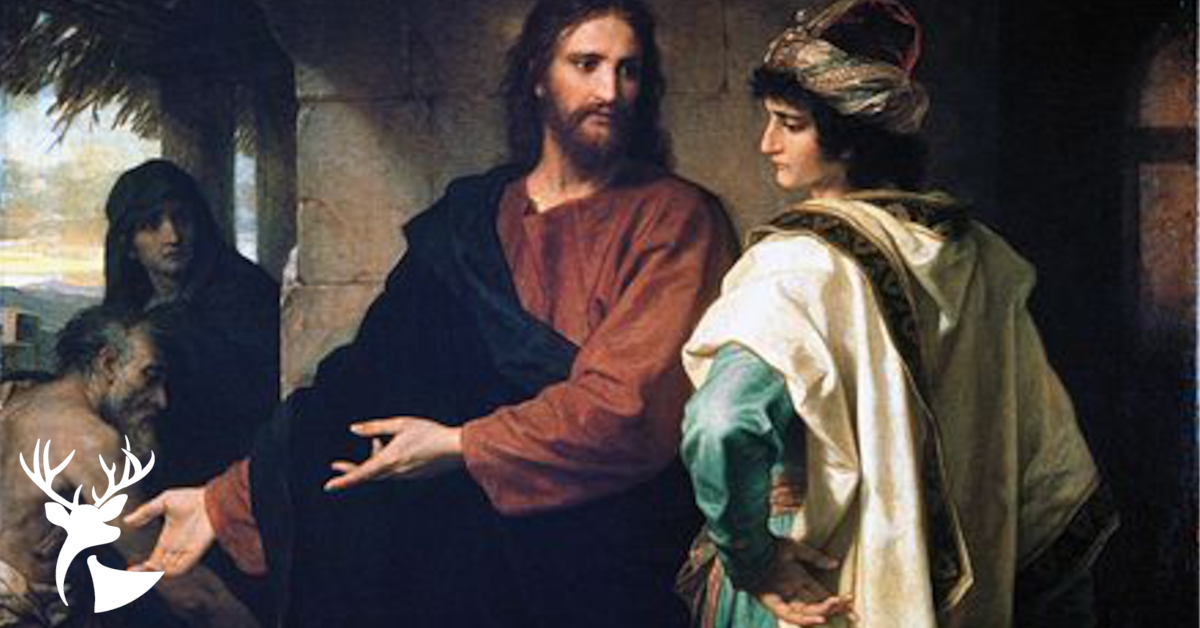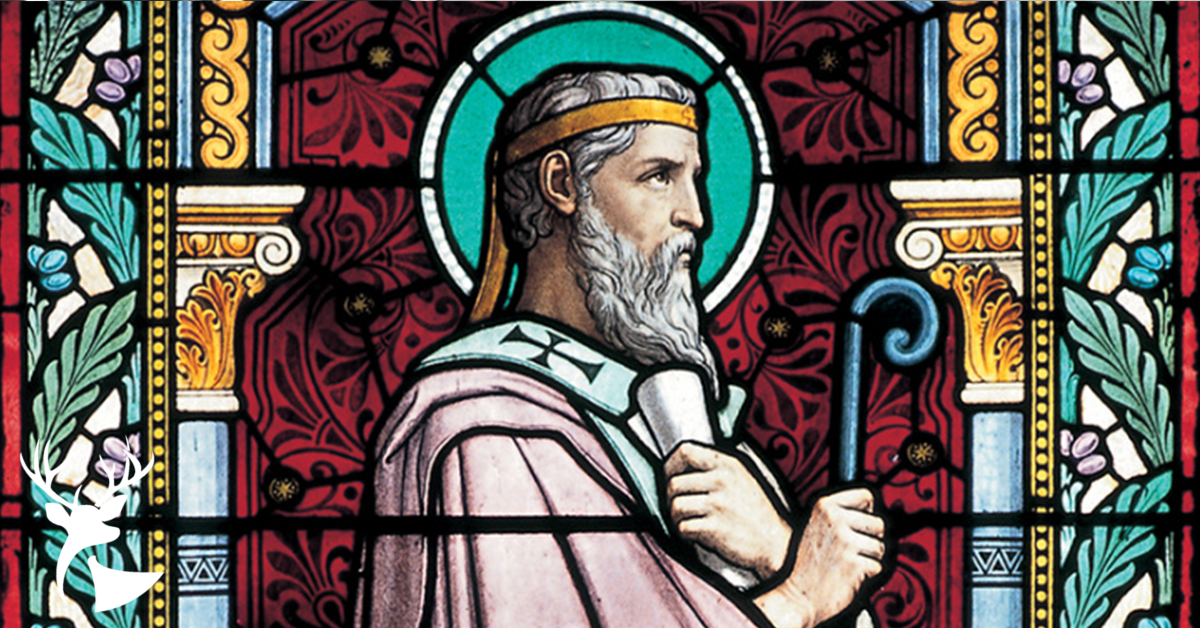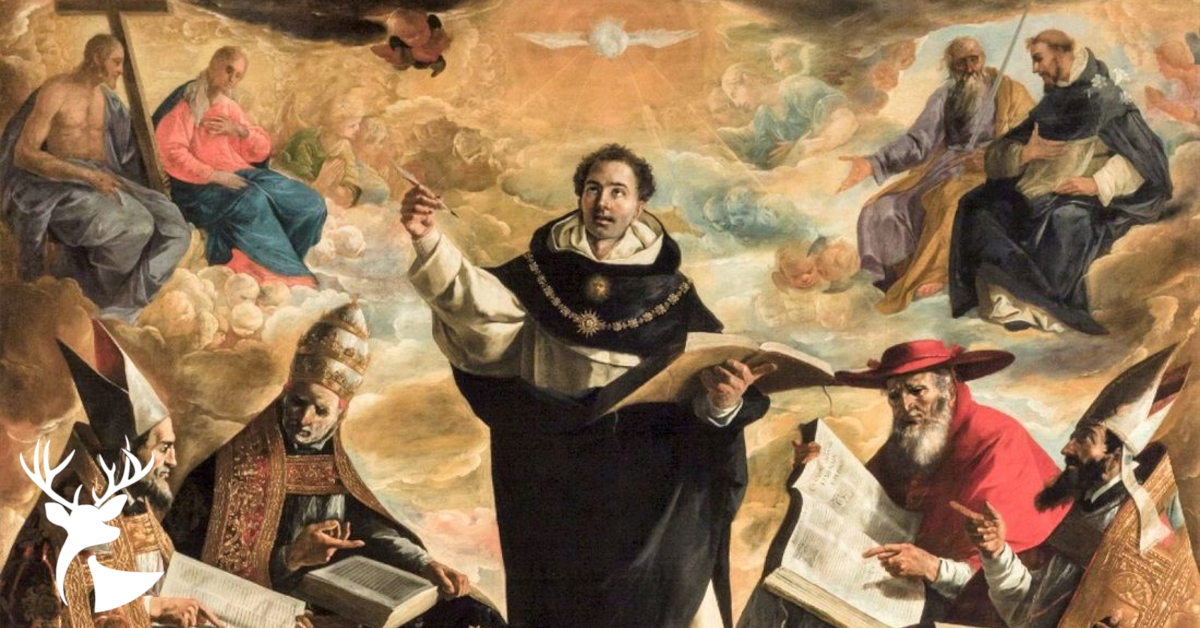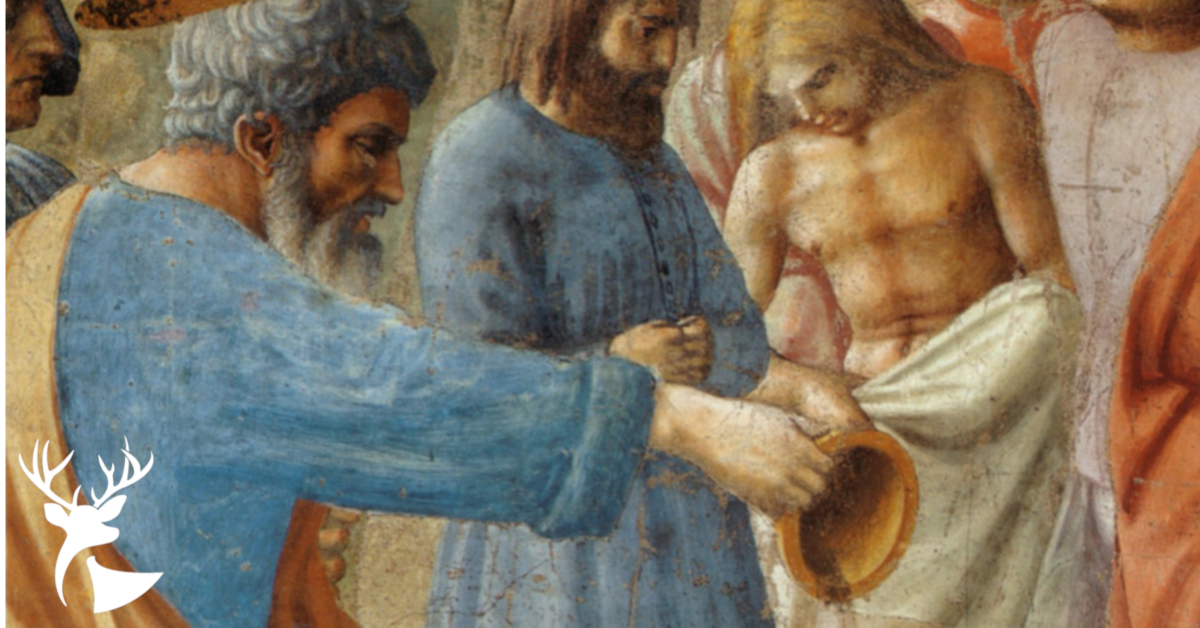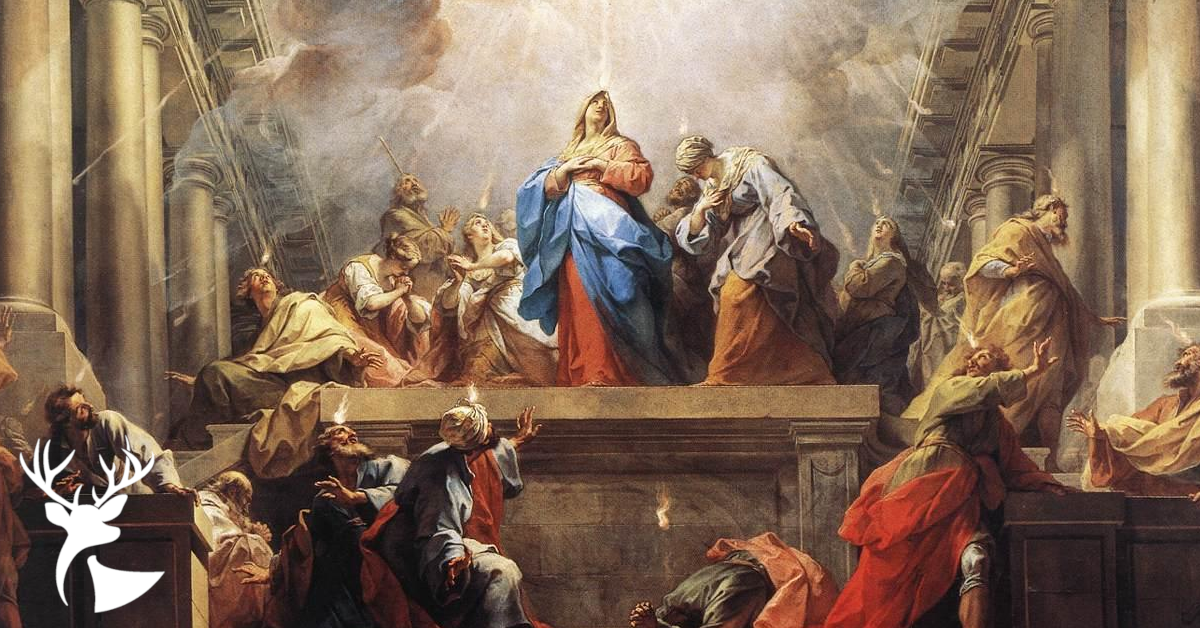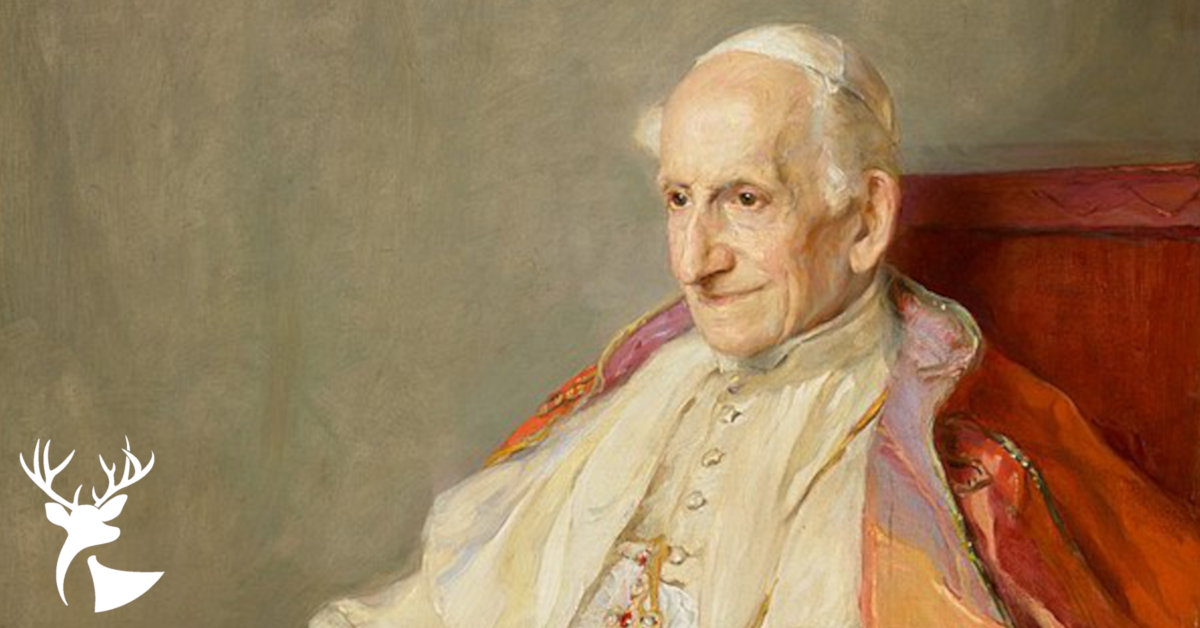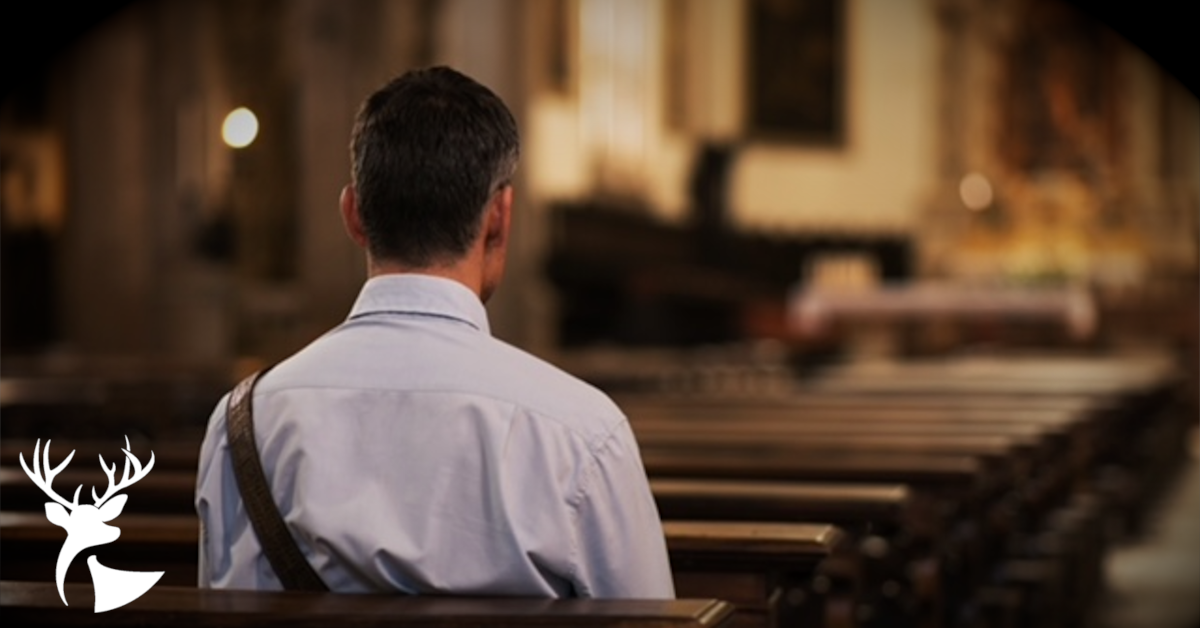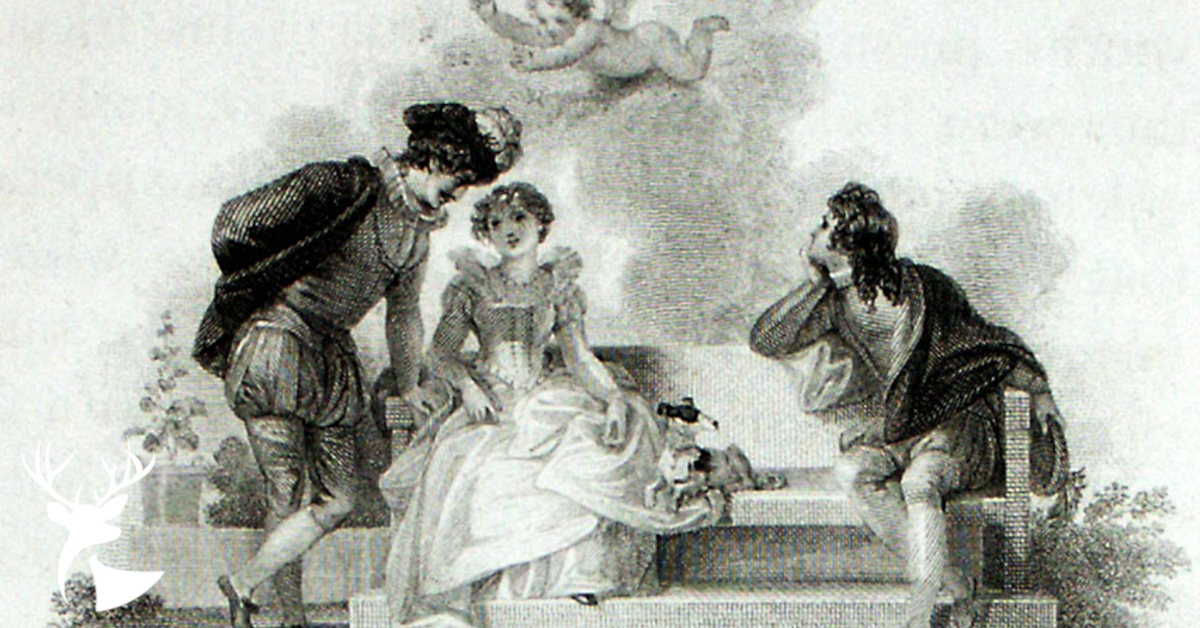
Cervantes and the Vice of Curiosity
By Eli Stone | February 23, 2023
“Tell me, Anselmo, if Heaven or good fortune had made thee master and lawful possessor of a diamond of the finest quality, [as all the finest stonecutters would attest to], would it be reasonable in thee to desire to take that diamond and place it between an anvil and a hammer [to see] if it were as hard and fine as they said?”
—Miguel de Cervantes, The Curious-Impertinent
← Return to Musings
Cervantes and the Vice of Curiosity
By Eli Stone | February 23, 2023
“Tell me, Anselmo, if Heaven or good fortune had made thee master and lawful possessor of a diamond of the finest quality, [as all the finest stonecutters would attest to], would it be reasonable in thee to desire to take that diamond and place it between an anvil and a hammer [to see] if it were as hard and fine as they said?”
—Miguel de Cervantes, The Curious-Impertinent
In El Curioso Impertinente—“The Curious-Impertinent”—we meet Anselmo and Lothario, two dear friends since birth, close enough to be called “The Two Friends of Florence” by all who knew them. Anselmo, of a romantic nature, was always enamored of love and poetry, and so won the hand of one of the most beautiful and virtuous women of Florence, Camilla. Lothario, for his part, was a more practical man and devoted himself to study, hunting, and cultivating his administrative skills.
But soon, Anselmo becomes restless in his security, and begins to wonder how secure he truly is in his relationship with Camilla. As Anselmo confides his woes to Lothario, he expresses that he has been consumed by one question: whether Camilla’s chastity is by virtue of her inward moral purity, or simply the product of circumstance. Anselmo fears whether, if given the chance, Camilla would betray him and run off with another man. To satisfy his curiosity, and to assuage his fears, he asks Lothario for a favor: that Lothario try to seduce Camilla.
It is easy to imagine how Anselmo’s curiosity—along with his determination to satisfy it—ends up costing him dearly. What is less obvious is how much our own ill-tempered appetites for useless or harmful knowledge end up costing us. In an age saturated with smartphone notifications, clickbait, and social media, it may not seem apparent to us that we’ve become slaves to our curiosity.
St. Augustine, in Book 10 of his Confessions, laments our tendency to seek knowledge that is grotesque, harmful, or useless. “What pleasure is there to see, in a lacerated corpse, that which makes one shudder? And yet if it lie near, we flock there to be made sad and turn pale.” He goes on to explain that such knowledge has no use to it, and provides us with no benefit, spiritual or otherwise. “How many minute and contemptible things daily tempt our curiosity? And who can number the times we have succumbed? […] When this heart of ours is made the receptacle of these crowds of vanities, our prayers are often interrupted and disturbed by them.” By allowing our curiosity to run wild even some of the time, we unwittingly invite the distractions of idle thoughts and meaningless “wonderings” when we ought to be focusing the most—at work, with our families, and when praying at home or in the Mass.
El Curioso Impertinente, written during the Catholic Counter-Reformation, has proven to be prophetic. “Remove not the ancient boundary which your fathers have set” (Prov. 22:28). Cervantes saw, in his own time, the consequences of heedlessly pushing the boundaries against authority in the name of “knowledge” or “freedom.” Ever since then, Western society has been marked by curiosity (and its sister vice, acedia or “spiritual slothfulness”). From the Enlightenment’s proud champions of an anti-Catholic “science” and politics to today’s champions of sexual and gender experimentation, many of our sorrows can be traced back to the question, “Did God really say…?”
Some questions are not worth asking, and some ideas are too dangerous to entertain. Just as we must mortify our flesh to temper our physical appetites, so too must we control our intellectual appetites, and keep our thoughts on higher truths.
More Reading

Eli Stone has served as a Research and Administrative Assistant for the Alcuin Institute, and presently works with the University of Tulsa.


